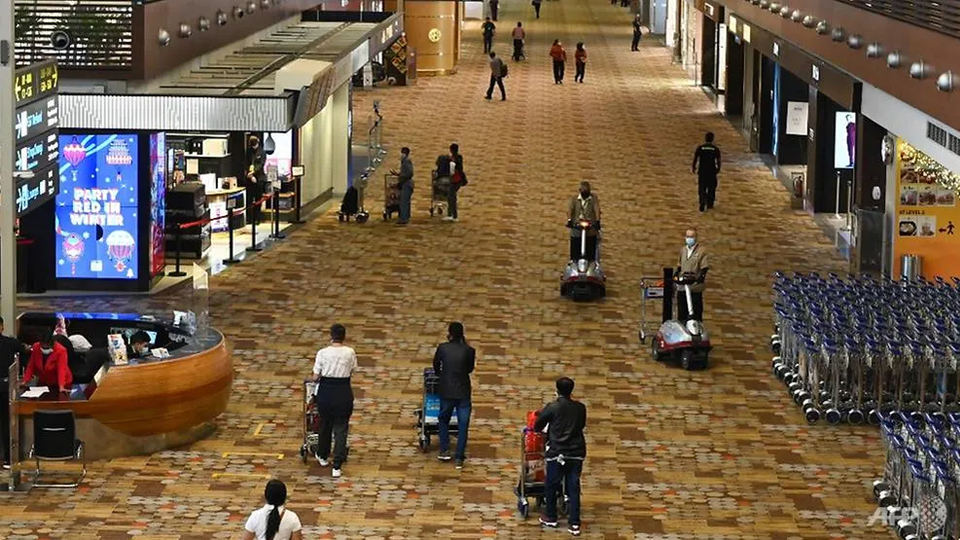Male Caregivers of Cancer Patients More Stressed Than Counterparts in Canada, Britain, the United States

L-R: Ms Terina Tan, NUH medical social worker, Assoc Prof Rathi Mahendran and Dr Lim Siew Eng
Men who have to look after loved ones suffering from cancer are more stressed than their counterparts in the West.
They were more affected by disruptions to their daily routine, had more difficulty coping with sleep loss and were more worried about the financial strain involved in caring for a patient, a recent two-year long study by NUS researchers of 258 caregivers’ emotional and physical states here has shown.
Four in 10 participants in the survey were men. They reported being overwhelmed by the task of looking after a loved one who was struck with cancer. Male spouses of patients for example, face additional strain as they have to deal with household chores usually handled by their ailing wives, even as they hold down full-time jobs, said Dr Lim Siew Eng of the National University Cancer Institute, Singapore. She is the co-author of the study, which was published online in the Singapore Medical Journal in April.
In comparison, similar studies of cancer patients’ caregivers in Britain, Canada and the United States showed they fared better. This was likely because patients in those countries relied less on family members. Added her co-author, Associate Professor Rathi Mahendran from the NUS Yong Loo Lin School of Medicine: “Whereas here, due to principles like filial piety being very strong, the family will come together when an individual has a problem and, as a result, take on a lot of the caregiving burden.”
The 35-question survey also asked respondents about the levels of support that they received. Stronger support services and extended caregiver leave could therefore also explain why care providers in those countries fared better. For instance, a caregiver in Canada can take up to eight weeks of unpaid job-protected leave per calendar year for each specified family member. There is no national caregiving leave in Singapore on the other hand, though civil servants get two days of parent-care leave each year, while some companies do provide a few days of family-care leave.
The experience of Mr William Kho, who cared for his late wife, Phelane, illustrated the pressures that the survey respondents indicated they were under. He had to use his lunch hours to take her to medical appointments. He also took over the household chores and quit his job at a bank a month before she passed away to look after her around the clock. “There is a need for better financial support and better information on the disease and where to seek help from,” he said.
The researchers hope their study will lead to better support for caregivers. They are also running support groups, which includes giving advice to caregivers on looking after their own emotional and mental health. A conference organised by NUS Medicine, the NUH and the National University Health System in November this year will look at support for cancer patients, their care providers as well as the healthcare professionals involved in their care. “We need to identify and assess not just patients’ needs but caregivers’ needs (too),” Prof Mahendran said. Added Dr Lim, “If we don’t take care of the caregiver, there is really no one to look after the patient.”
